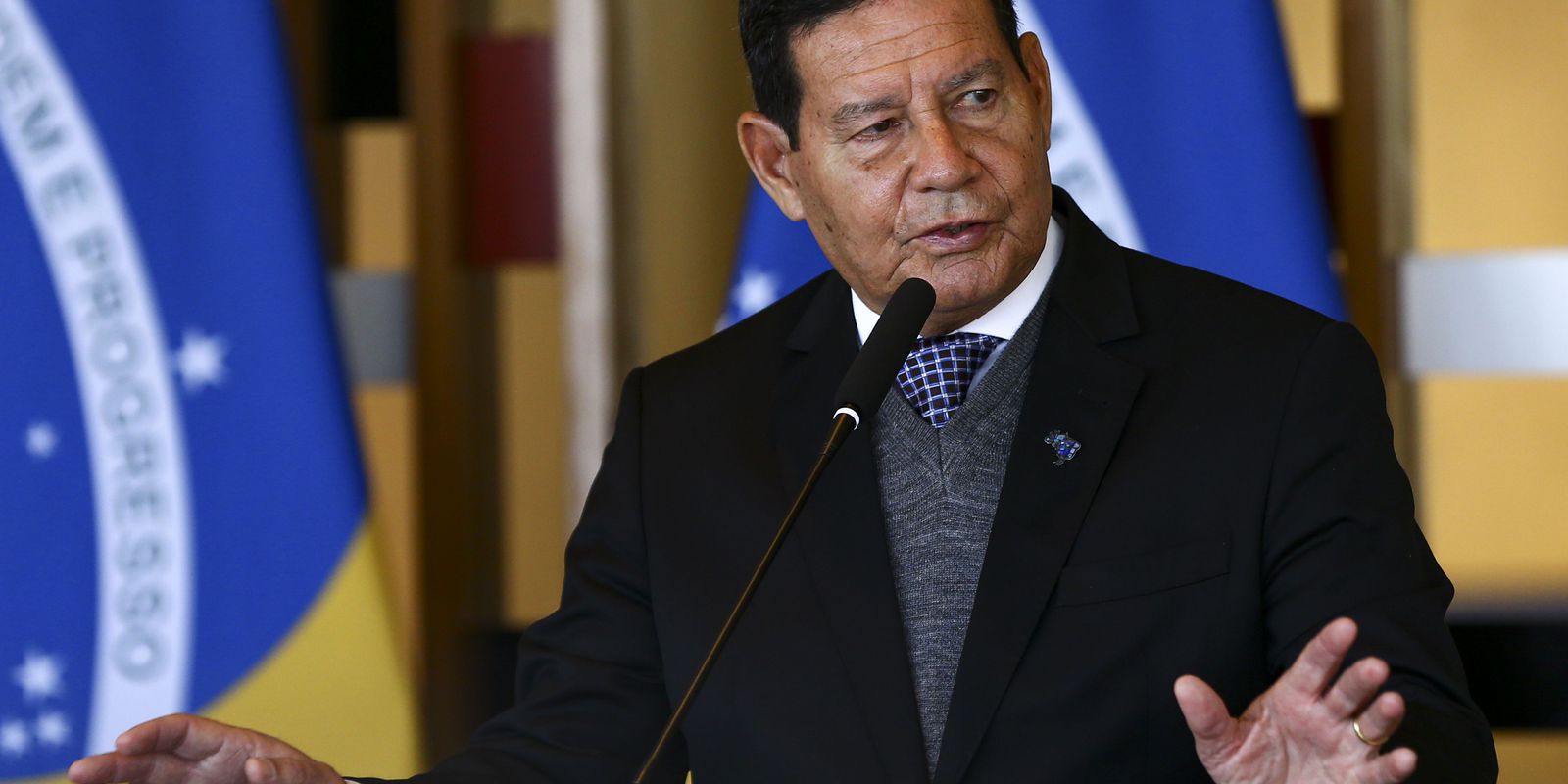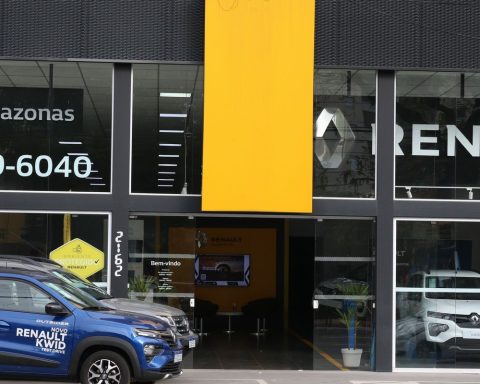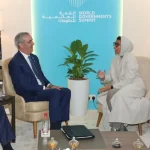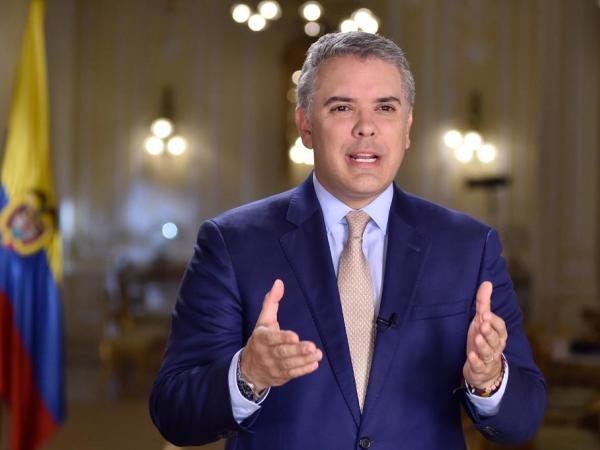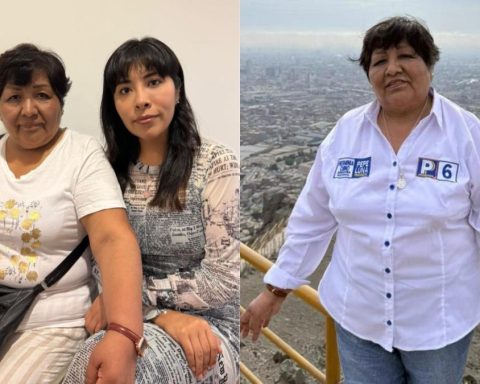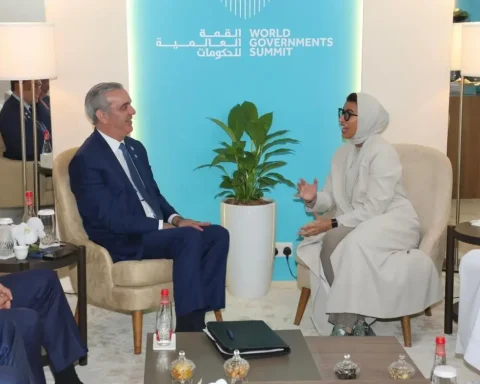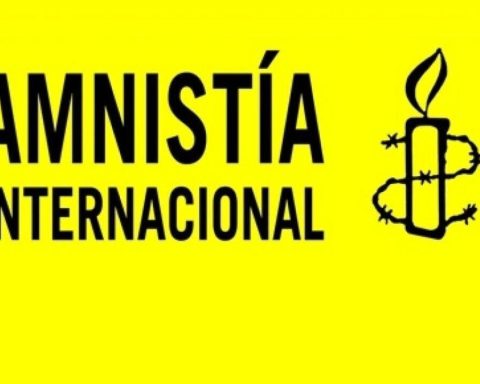Brazil wants to add value to products exported to China, especially those linked to soy, iron ore and oil. The guidelines being developed in the bilateral plans with the Asian country should favor the opening of relations and investments in sectors such as agriculture, health and communications, as well as infrastructure, trade, education and sustainability.
The statements were made today (23) by the vice-president, Hamilton Mourão, referring to what was discussed shortly before, during the 4th Plenary Session of the Sino-Brazilian High Level Commission for Dialogue and Cooperation (Cosban) at Itamaraty.
“We want to add value to the three commodities that we most export to China: soy and derivatives, iron ore and oil”, he said. “And we want openness to new products. Today, we discussed the issue of wheat that will be produced in Bahia, Ceará and Roraima”, he added.
The vice president also said that Brazil will try to benefit from some green funds created by the Chinese. “Last year they [os chineses] created a fund to support actions to combat deforestation aimed at promoting sustainable development in the Amazon. We are discussing ways to gain access to this fund.”
traced path
Mourão added that the documents being prepared – in the meetings involving the two countries – establish guidelines that should be maintained by the next government. “Two plans will advance regardless of the government that is elected: the strategic one, which runs until the end of the decade; and the executive, which runs until the end of 2026,” he said.
“The government that takes over will find the path traced, with predictability of common objectives”, he added, detailing that the plans have, among their priorities, Chinese participation in infrastructure projects provided for by the Investment Partnership Program (PPI), in particular aiming at the construction of the bioceanic corridor that will link Brazil to the Pacific from the border with the Paraguayan city of Porto Murtinho.
